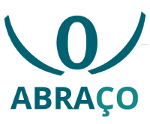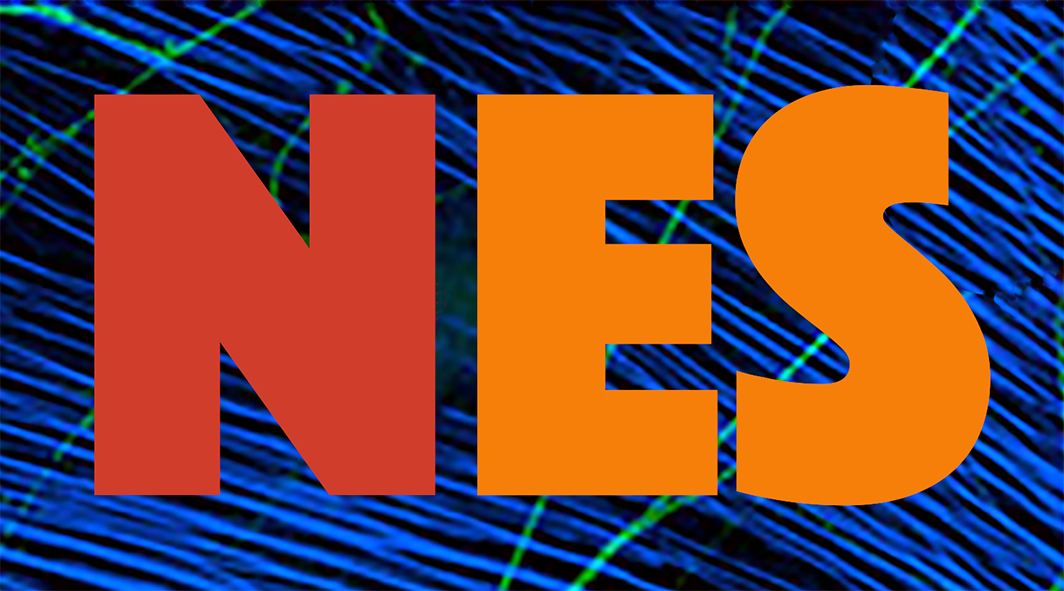
Advancing scientific culture through Wikimedia projects
Jan 31, 2017
Levels of scientific culture are associated to a mass of social phenomena, according to the literature, ranging from economic measures (i.e., innovation rates, development) to sociopolitical indicators, such as political participation and inequality. Not surprisingly, a country’s level of scientific culture, for instance as measured by the 2015 PISA assessment, is strongly associated to this country’s level of science education and normally quality of educational resources produced in this country. From one direction, this means that the lower the level of scientific culture in a country the lower the quality of educational books, magazines, websites and so on that will be produced or available in this country. A recent study has indicated that a country's level of scientific culture is also associated to the quality of contributions from this country to the electronic encyclopedia Wikipedia.
The figure for Brazil in the 2015 PISA assessment is consistent to previous general reports: the country has a high percentage of low achievers and a low rate of top performers in the three areas being assessed —Science, Reading and Mathematics—, in comparison to other countries. Fine-grained PISA reports, not yet available for 2015, have indicated that results from Brazil are strongly correlated to socioeconomic factors.
PISA assessments are not failproof, nevertheless they are a relevant indicator to structural challenges institutions that work on scientific dissemination face. The Research, Innovation and Dissemination Center for Neuromathematics (RIDC NeuroMat) was created by the São Paulo Research Foundation (FAPESP) among other strategic goals to “contribute effectively to scientific dissemination in its area of expertise”, improving scientific education, interacting with schools and broader audiences. This means that NeuroMat is mandated to strive for disseminating the edge of fields such as Statistics, Probability and Computational neuroscience in a country that has a consistent gap in basic mathematical knowledge and high levels of innumeracy.
Wiki dissemination
Since 2014, NeuroMat has led an initiative to improve scientific content on Wikimedia projects, especially Wikipedia in Portuguese. This initiative was framed as “a call to duty,” to the extent that it recognized that this electronic encyclopedia, one the ten most visited websites in the world, is a go-to reference for educational purposes. The conjecture that this initiative relies on is: It is plausible that levels of scientific culture have an impact on the quality of contributions to scientific entries on Wikipedias of all languages; yet, what is the expected impact of the quality of Wikipedia scientific entries, as an open educational resource, to the level of scientific culture.
The conjecture that one could rely on Wikimedia projects to improve scientific culture has been a general perspective for a sequence of initiatives on these projects by the RIDC NeuroMat, especially Wikipedia in Portuguese. These initiatives have been associated to graduate and undergraduate students, coordinated by professors and researchers from the RIDC, and have relied on formal partnerships, for instance, with the User Group Wikimedia in Brazil and University of São Paulo museums.
The NeuroMat scientific dissemination team has led an initiative of opening to a free web platform, Wikimedia Commons, collections of two university museums, the Museum of Veterinary Anatomy and the Museum of Mathematics, alia Matemateca. To open collections means that images and associated educational resources of museums have been systematically uploaded to Wikimedia Commons. Around 200 files have been added through this initiative alone; which are part of the 1,354 files (as of January 30) the NeuroMat scientific dissemination team has uploaded to this open platform. In December, 2016, files uploaded in this initiative were viewed 5,051,089 times.
Around 2,000,000 bytes of information on science have been added as of January 30 to Wikipedias in Portuguese and in English. These contributions have ranged from small changes in already existing entries or the creation of new content, as the control table of content production describes. Six entries that were produced in this context have been considered among the best content available on Wikipedia in Portuguese: Lei dos Grandes Números, Variável aleatória, Distribuição de probabilidade, Média, Mediana and Moda. These entries are illustrated by imagens and videos produced within the RIDC and also have an audible version.
In parallel to content production initiatives, NeuroMat set up in December a training on scientific dissemination via collaborative, digital platforms, that was offered to graduate and undergraduate students at the University of São Paulo. The training has been made available publicly on Wikiversity. A special educational resource for editing on scientific topics on Wikipedia is also been designed and will be made available.
Research and outreach
Content production and educational initiatives pertaining to Wikimedia projects have been associated to research and outreach activities by the NeuroMat scientific dissemination team. Five journal and conference papers on the potentials of these projects for education and scientific dissemination were produced, available on Wikiversity.
Special events to propagate the idea that Wikipedia can be used for scientific dissemination were organized. These events are normally called edit-a-thons; one was held in 2015, two were done in 2016. On March 13, NeuroMat will hold an edit-a-thon on Neuroscience and Mathematics. In this occasion, NeuroMat will also host a conference by LiAnna Davis, a director of the Wiki Education Foundation, who has managed a yearlong program to improve scientific culture in North America with the direct participation of dozens of universities and thousands of students (details to be announced).
This piece is part of NeuroMat's Newsletter #36. Read more here
Share on Twitter Share on Facebook| NeuroCineMat |
|---|
|
Featuring this week: |
| Newsletter |
|---|
|
Stay informed on our latest news! |
| Follow Us on Facebook |
|---|




